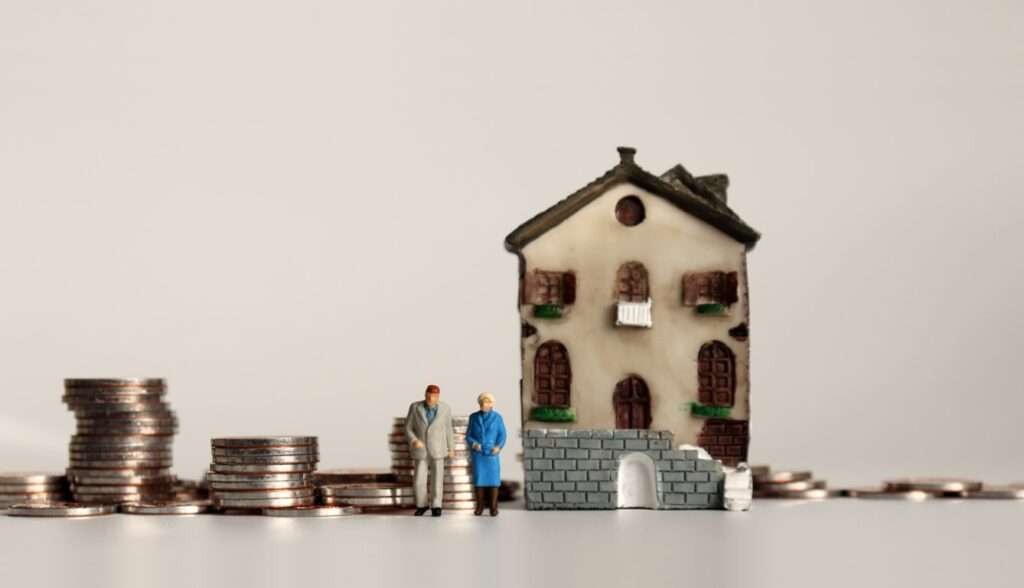
It feels a little counterintuitive to be talking about the relative benefits and robust health of the property market in one of the worst economic downturns in history, but this year is one that has so far struggled to play by any traditional rule that you’d care to think of.
Classically, if you were talking to a financial advisor about planning for the future, the good ones would often advocate for a balanced and mixed risk portfolio of investments designed to bring a steady and inflation beating return, to provide a healthy income into old age.
That, until fairly recently, would probably in some capacity involve stocks and shares, government bonds and gold. A bit of a classic recipe for a balanced risk management strategy to providing a secure future income.
With recent events however, that’s been thrown out of the window a little and it wouldn’t really shock anybody who’s been following the Bank of England if we were to see out the year in negative interest rates for the first time.
The effectiveness of such a strategy is hotly debated (ask Japan) and may be a signal that the central bank are running out of effective armoury to encourage spending.
If a government is struggling to encourage it’s population to go out and spend money then expect inflation to drop or even turn negative. It’s not difficult to see where the government has already tried to encourage people back out and spending money, see Mr Sunak’s latest scheme for ‘Eat out to help out’.
Supply and demand
That presents a problem for investors then. If people are in a position where they don’t want to go out and spend money, then where to look for places to put your money and grow it?
Some of the worst performing stocks on the market this year are businesses that have proved ultra-reliable in the past. British car production, for example, is down 20% and in years gone by it would be considered fairly mundane investing to seek out manufacturing.
If it’s the case that we can’t rely on the reliable anymore, then where is there value to be found where demand is running at a constant with a limited supply?
Perhaps you could look towards large American tech companies; Tesla and Microsoft have had one of their best years on record and the Nasdaq tech index in the US continues to set records, but there is the perilous but real risk that a correction could be on the horizon.
UK Property
It’s a drum we’ve been banging since probably the beginning of the year, but you only have to take a look at practically any property news doing the rounds since May to see that UK residential property is booming.
There’s a number of explanations for that, not least that people are now acutely aware of how important a practical living arrangement can be in a global pandemic, but the cause isn’t necessarily the most important conclusion in this.
When providing advice for investors on it’s website, Which neatly describes the immediate attraction of property as a pension investment:
‘Property values have shown phenomenal growth in recent decades. The average house price in February 2018 was £225,047, up from £57,726 in April 1990, according to the Land Registry. The combination of rental yields and capital growth means you have both immediate income and the potential for long-term profit. You can sell the property at any point and invest the money in other ways.’
Consider that this was written before an economic shock took hold. With traditional avenues becoming volatile at best, it would seem that the drive in supply vs a very limited demand could become a very popular option for investors indeed.